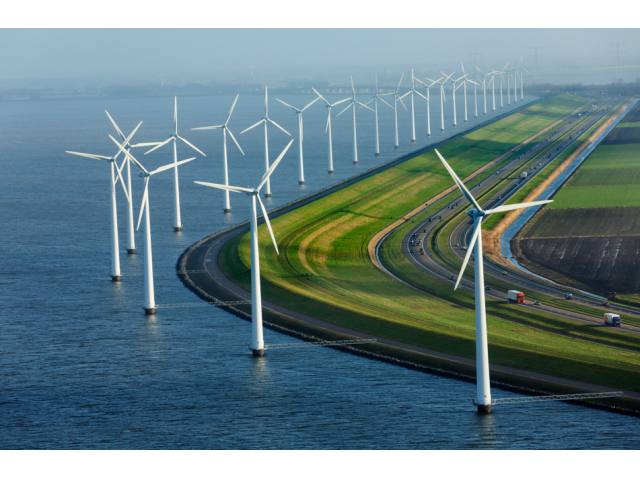The Netherlands, country of wind mills since its inception, will gradually cut subsidies for renewable energy. Instead, the government will from now on focus on saving energy and capturing carbon.
Holland’s 2020 target was something pretty hard to achieve, anyway. However, the government just announced a week ago that it would increase subsidies for renewable energy sources like solar, wind, geothermal and others by 33 percent in 2017, up to a total of $12.9 bln in 2017, almost $4 billion more than in 2016.
As renewables become more common and viable, they will need less subsidization than they needed 10 years ago, for example. For example, offshore wind turbines will no longer need them by 2026.
On the other hand, the Dutch government will focus on electric car proliferation and will invest some 20 billion euros in the development of a smarter and more capable grid that’s suited for intensive EV charging by 2035.
Individuals will be able to invest much easier in renewables, as power companies have been encouraged to make that process easier.
Industrial CO2 emmissions will also be in the focus during the next period, and additional measures will be taken by learning from the experience that the UK and Germany have in carbon reduction technologies.
Ten years ago, few people thought renewable energy would be so well developed by 2017, but still it did. Few believed in widely spread electric cars, and some even believed they’re a hoax or glorified golf carts. Now, they’re here. And all this time, we’ve been reporting all the important news on these matters. And that’s a wonderful feeling.



















